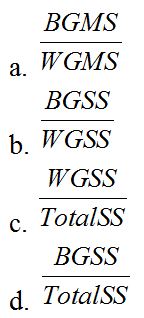In working with Japanese clients, a reality therapist might do which of the following when asking clients to make plans and commit to them?
a. ? The therapist might be likely to accept "I'll try" as a firm commitment.
b. ? The therapist would push clients for an explicit pledge to follow through.
c. ? The therapist would view a noncommittal response as a sign of weakness.
d. ? The therapist would refer their clients if they refused to commit to a plan.
a
You might also like to view...
Answer the following statement(s) true (T) or false (F)
1.Change in coherence therapy can happen at such a foundational level that the transformation seems to be a complete change in the individual’s personality. 2.Instead of moving away from the symptom and trying to make it stop, coherence therapists move toward and into the material that is causing the trouble. 3.Talking about something may lead to insight, and insight alone is viewed as sufficient for change in coherence therapy. 4.The analysis of overt statements of any part of the uncovered emotional learning that the client already feels or knows to be true is often a waste of time and not and encouraged practice for coherence therapists.
What is the null hypothesis for the Kruskal-Wallace procedure?

What type of score is being used if it is a combination of various types of assessments?
a. Final score b. Composite score c. Standardized score d. This would not be considered a score
A claim of defamation of character can be made against a school counselor if:
a) A school counseling intern shares with his or her supervising school counselor private family information that a student reveals in counseling and the parents learn of this conversation from the supervisor b) A school counselor and a teacher are discussing a student who had a psychotic break over lunch and are overheard by the students c) A school counselor places diagnostic information in a counseling record kept in the counseling office d) All of the above e) None of the above